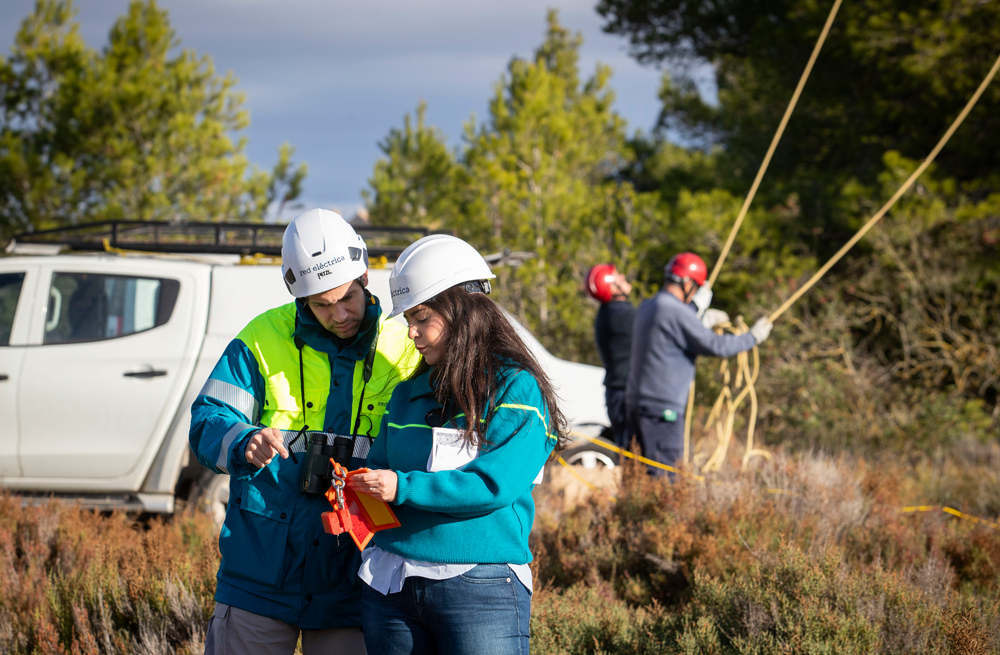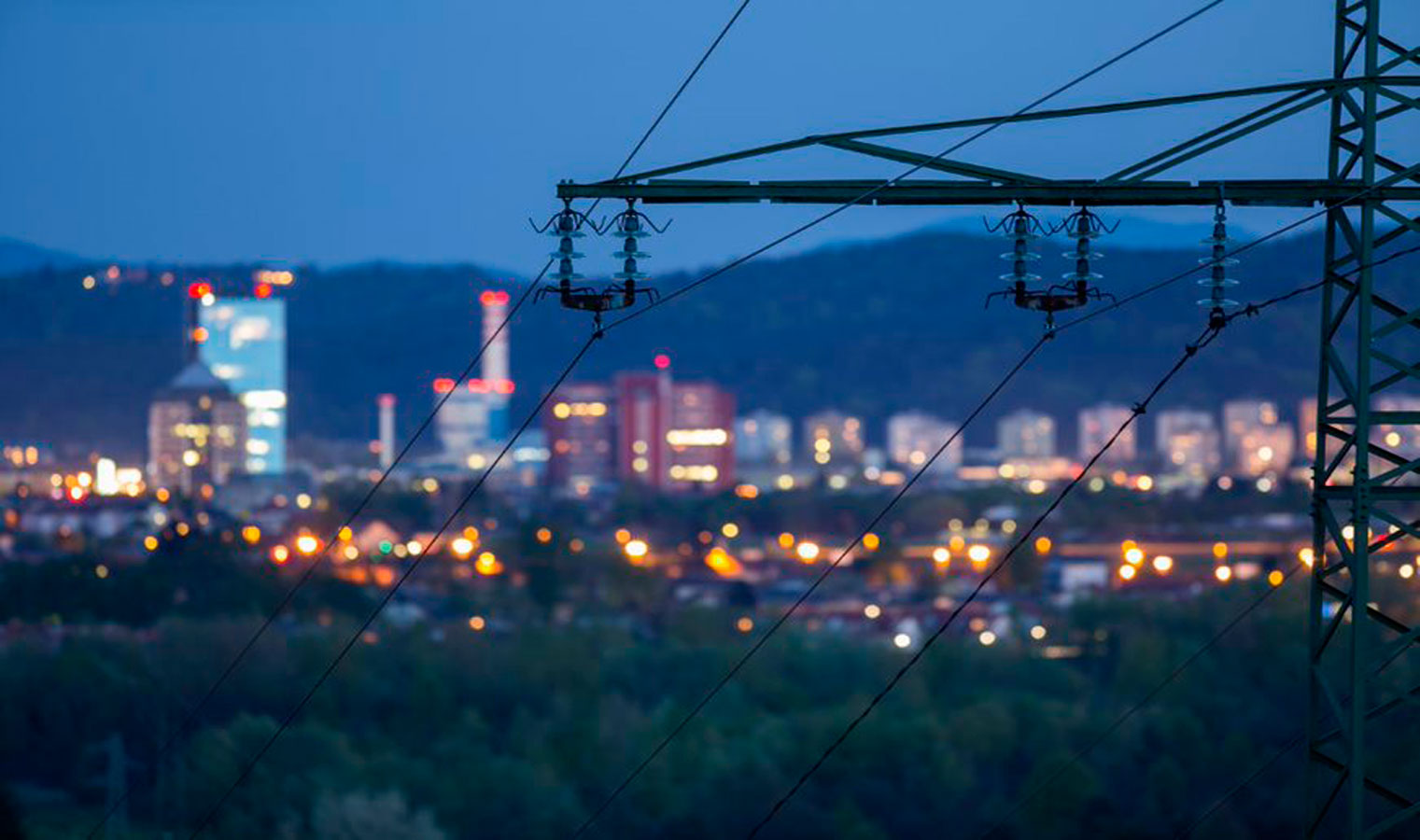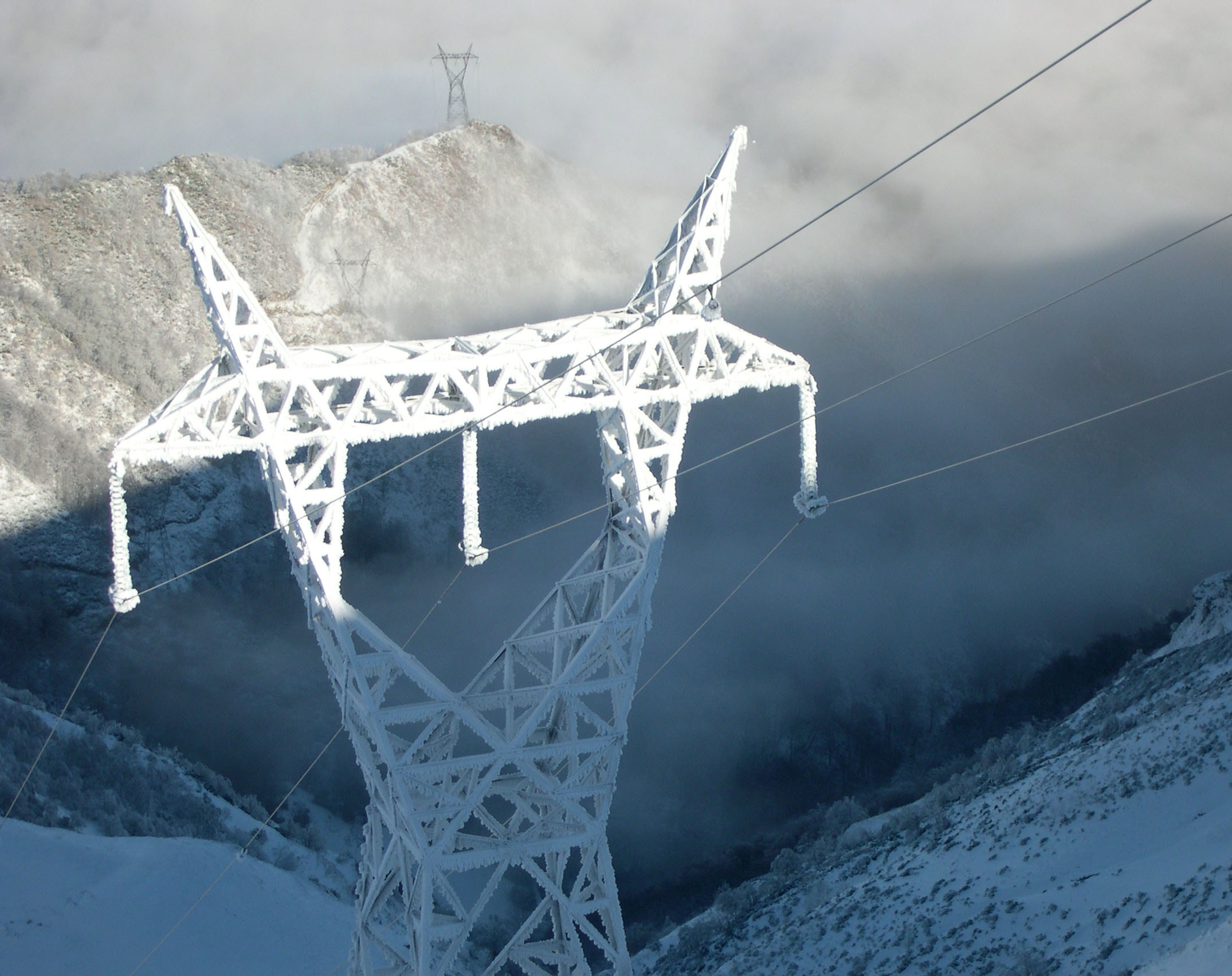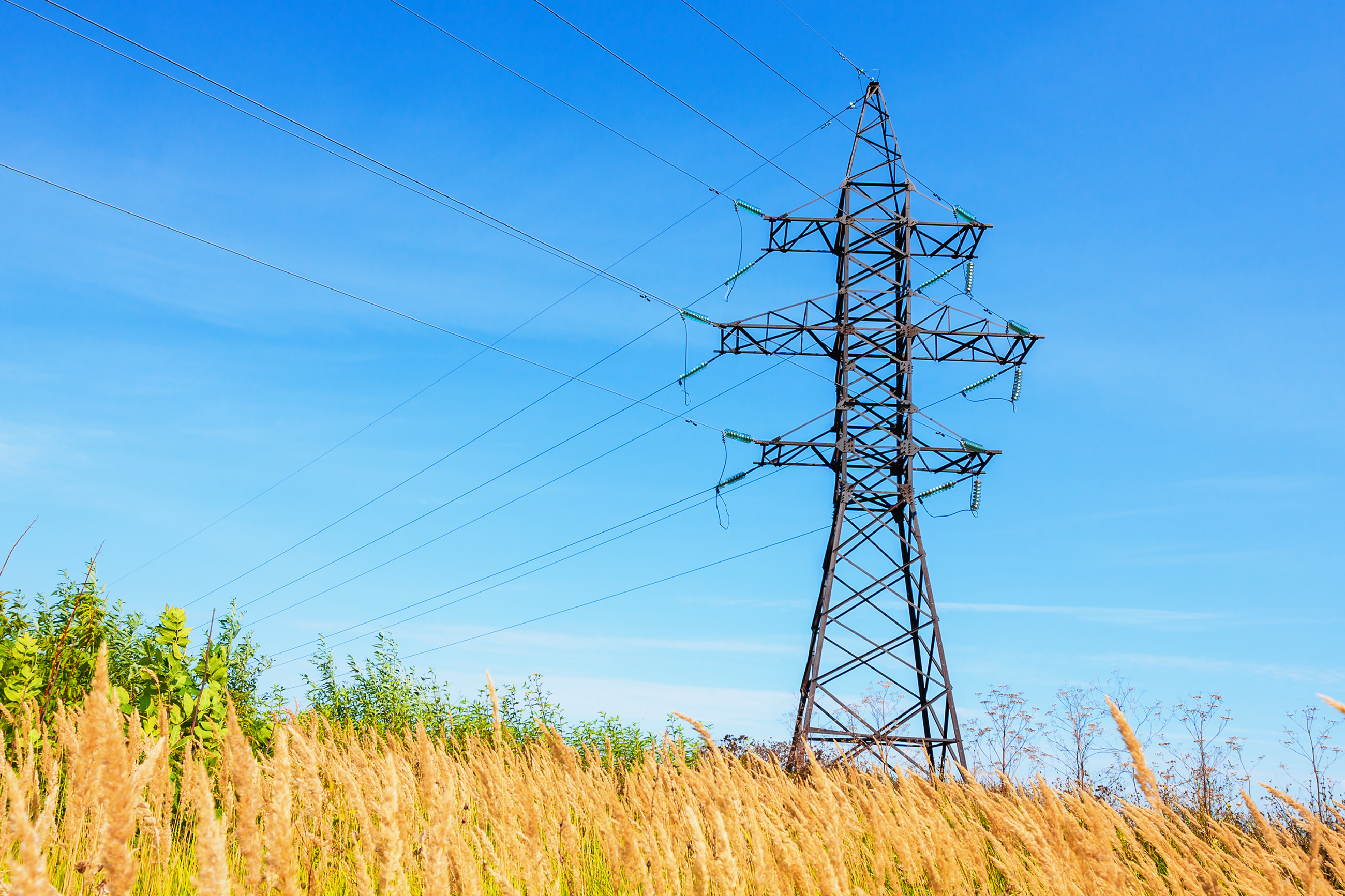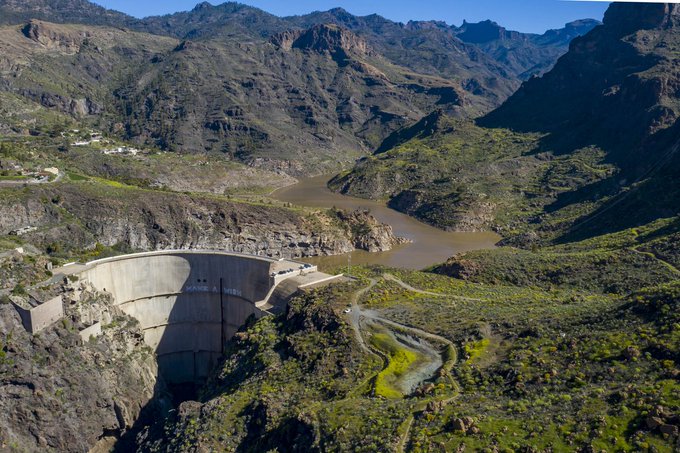For 40 years, we've been driving our country's economic and social progress. Four decades shaping Spain.
The Council of Tenerife and Red Eléctrica will implement initiatives for climate change, biodiversity, rural development, and forest fire prevention in the Isla Baja-Teno region
- The agreement outlines four lines of action over three years
The Council of Tenerife and Red Eléctrica will jointly carry out initiatives to address climate change adaptation, enhance natural and agricultural biodiversity, and prevent forest fires. They will also cover the revitalisation of the midlands in the Isla Baja-Teno region. Blanca Pérez (Councillor for Natural Environment, Sustainability, Security, and Emergencies), Pedro Millán (Insular Director of Natural Environment), Ainara Irigoyen (Delegate of Redeia in the Canary Islands), and Vidina León (Manager of Balearic Islands Transmission Demarcation) recently signed the agreement that outlines these actions.
The agreement spans three years and focuses on four main lines of action. As part of the initiative, Red Eléctrica—Redeia’s subsidiary responsible for the electricity transmission and operation in Spain—will contribute €20,000 annually over the three years to support these efforts.
Blanca Pérez explained that the agreement stems from the need to implement a database or open inventory of intangible heritage. It will also include the promotion of educational and training programmes that strengthen ties between schools and the local heritage, fostering sustainable economic activity and employment potential in the region. She emphasised the importance of public participation, supported by corporate social responsibility programmes, partnerships with local social entities with similar goals, and the involvement of social and environmental volunteers.
Ainara Irigoyen stated, ‘These initiatives represent socially and environmentally significant projects in Isla Baja-Teno that contribute to preserving natural resources. They thus prevent forest fires, recover biodiversity, and revitalise the region socially and economically with the involvement of the local population. They also reinforce our Comprehensive Impact Strategy, which promotes sustainability as a long-term commitment through shared value creation and partnerships aligned with our 2030 sustainability Commitment.’
The first line of action focuses on Dissemination and awareness-raising through participation, while the second will support service-learning and environmental education projects in local schools. Additionally, specific efforts will also involve clearing, removing, and shredding combustible vegetation in high fire-risk areas, as well as providing support and clearing work in socially significant priority locations. The final line of action covers collaboration in producing audiovisual content to foster awareness, knowledge, and consumption of local products through farmers' markets and other sales outlets in the region.
Blanca Pérez highlighted that the Teno Rural Park Management Office has been implementing workstreams aimed at better adapting to challenges posed by climate change. These include promoting self-protection, developing preventive measures against forest fire risks, and renaturalising and restoring natural and agricultural biodiversity. They will also involve exploring rural development options compatible with sustainability, such as sustainable livestock farming and promoting crop varieties adapted to lower rainfall and water availability conditions. All these efforts align with the directives of the Management And Use Plan for the Teno Rural Park.

